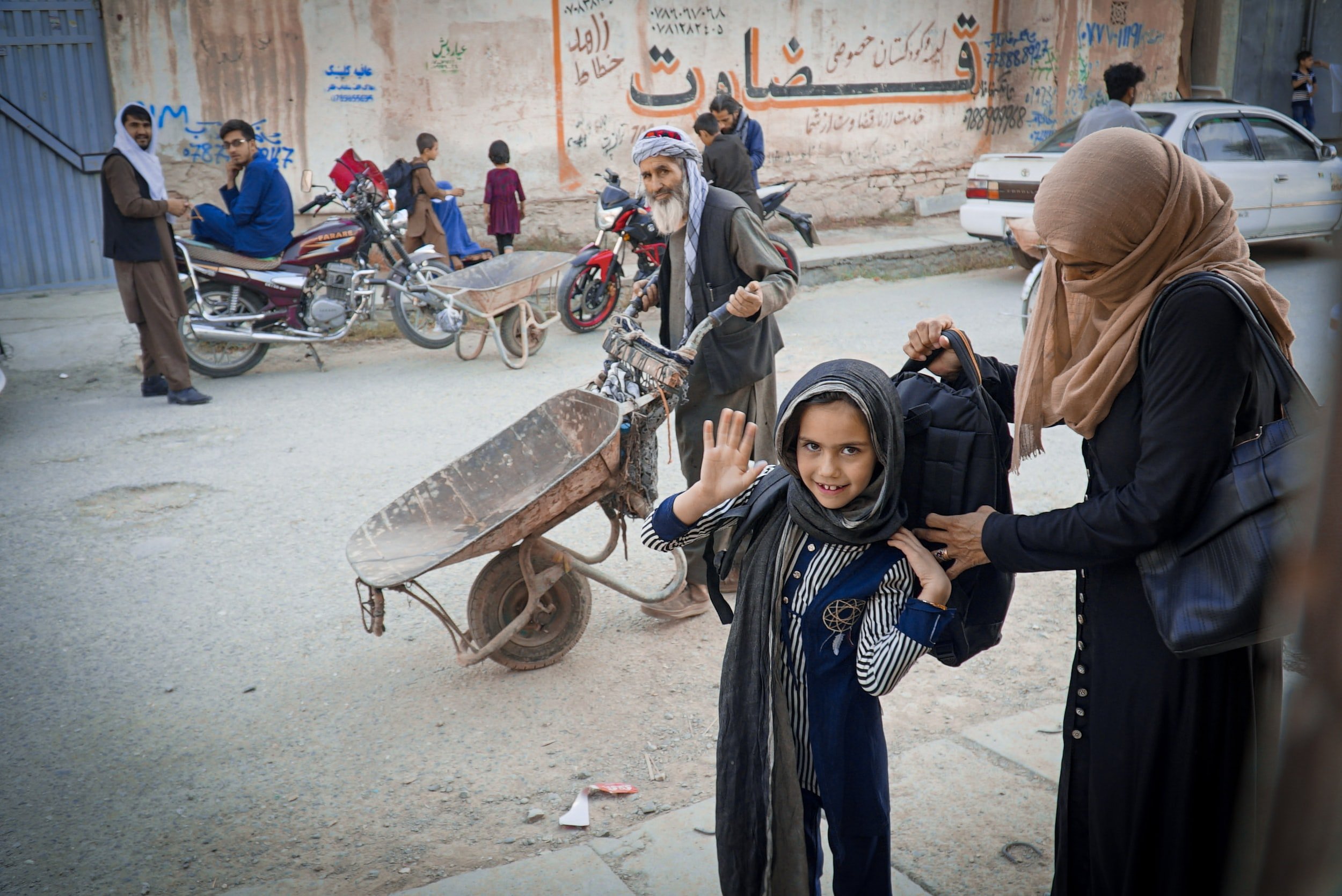How Conservative Regimes Keep Girls Out of School
Photo Courtesy: Unsplash
In this constantly developing world, women’s rights are still the subject of ongoing struggle and activism with significant progress in recent years as well as significant backpedalling. Women have been fighting for access to education for centuries, resulting in the Education Act in England and Wales which made primary education compulsory for both genders in 1870.
Western countries such as England, allow women access to a substantially greater quality of education, as well as vast career opportunities allowing them independence in almost all social economic spheres. However, whilst we have made progress on the western front, it is still imperative to note the barriers faced by women in other countries - specifically those with a more conservative regime - where women are still subjected to poverty and gender-based violence deriving from outdated cultural norms. This being the case for the women in the patriarchal social structures of Afghanistan and Iran.
Generally conservative regimes may choose to prevent girls from accessing education through legislation and by exhibiting toxic gender norms deeply rooted in outdated cultural practices in order to create a culture that looks down upon women receiving an education, and consequently independence. However, some countries have resorted to violence and intimidation; with the poisoning of schoolgirls in Afghanistan 10 years ago, and the poisonings in Iran recently, being an example of extreme measures.
In 2012, there was a series of these poisonings that targeted girls’ schools, occurring mostly in the northern part of Afghanistan. It was believed that water wells were poisoned with forms of toxic gas which resulted in the hospitalisation of hundreds. Investigations led to the arrests of 15 suspects, with 2 schoolgirls claiming that they were each paid $1000 to release the poison. However, following the United Nations and the World Health Organisation’s investigations it was questioned if the girls actually committed the crime. Samples were sent to the NATO headquarters in Kabul with researchers failing to find any toxins. The report also conducted that all male members remained unharmed, resulting in the attribution that these supposed poisonings were manifestations of mass psychogenic illness. There is very little known about this phenomenon, the basis being that it is a mass hysteria in which a group of people develop symptoms of an illness with no medical explanation and no discernible organic cause but can be triggered by social and cultural factors. In the case of Afghanistan, experts posit that the girls' symptoms could have been triggered by their anxiety of the perceived threats to their health and safety at the hands of the regime. Denying girls access to education has had serious consequences on their mental and physical wellbeing, the case of mass psychogenic illness serving as a tool to address the underlying social, cultural and political factors that contribute to gender inequality and discrimination.
Similarly, Iranian girls are faced with social exclusion and are subjected to cultural barriers, such as the mandatory hijab law and having a male relative with them at all times in public. Whilst this simply brushes on the key issues women in Iran and Afghanistan face, the death of Mahsa Amini for not following the hijab law sparked widespread protests and calls for justice. This case drew international attention and condemnation, as well as having had significant international media attention.
Since November, reports of girls being poisoned at school became known, with citizens claiming it was a punishment for taking part in the protests against the mandatory hijab policy. Some may claim it’s reaching to coincide the tragic killing of Mahsa with these poisonings, but given the context of ongoing female discrimination and violence, many citizens and Iranian diaspora have expressed that the poisonings were a deliberate attempt to target these girls and bar them from their education.
For many women around the world, the obstacles faced in pursuing an education are often rooted in deeply entrenched patriarchal systems that deem them as inferior. These obstacles are particularly pronounced for women of colour, who may face intersecting forms of discrimination based on race, ethnicity and religion. In many cases, these women are subject to systemic oppression that denies them even the most basic of rights. However, there are still many women in Afghanistan and Iran who are actively challenging these misogynistic regimes through organising and mobilising their communities at great personal risk. But the fight for education is not just about individual acts of bravery and heroism. It requires systemic change and a commitment to dismantling the patriarchal systems.
These conservative regimes, having resorted to blatant barbarism and misogyny, have failed to account for their immense courage and resilience in the face of adversity. Perhaps it wouldn't be a reach to suggest that their severe underestimation of these airs may very well be their undoing.

